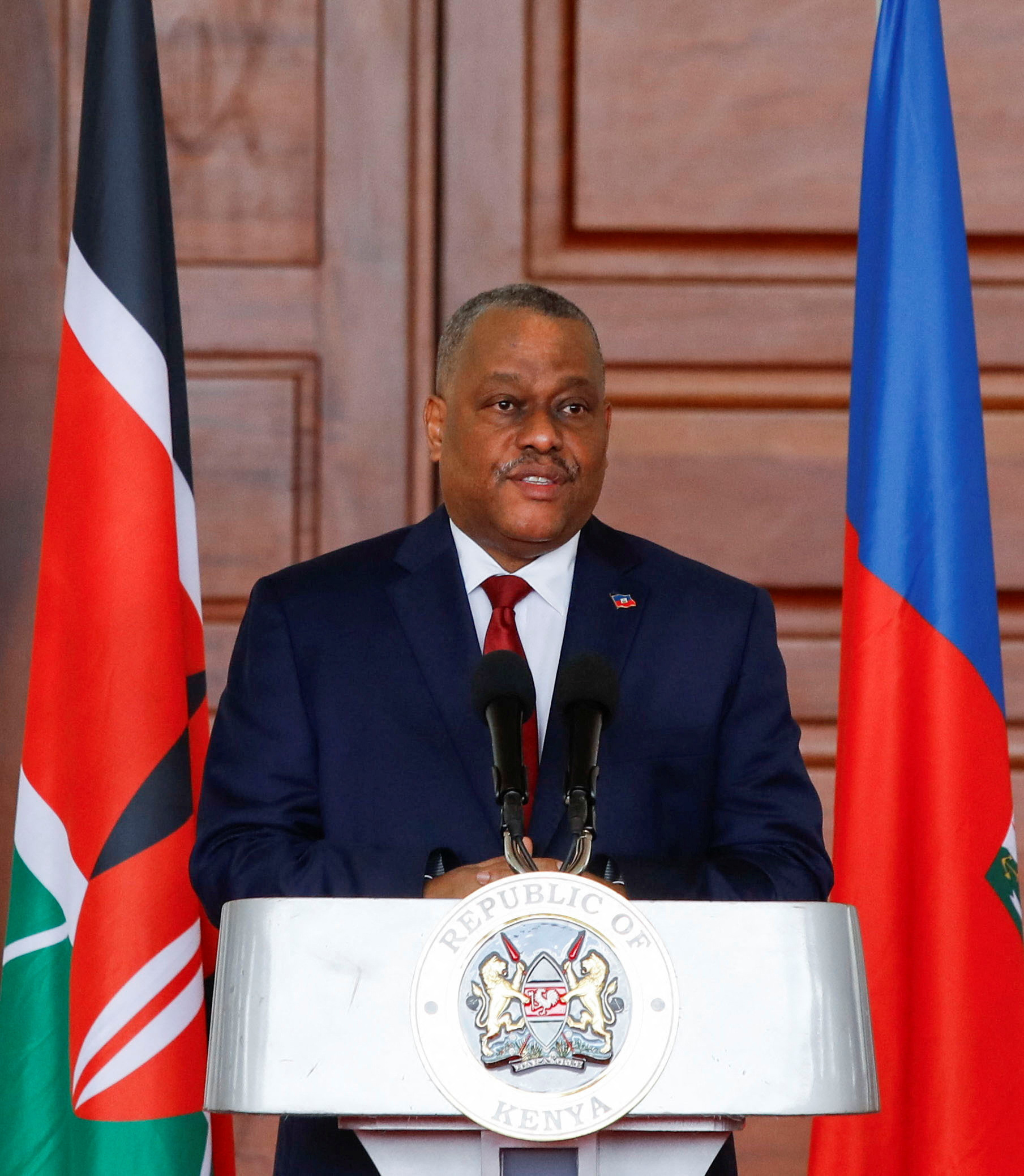The BBC’s Culture Review: A Step Towards Accountability
The BBC has recently made headlines again, but this time it’s not for a new show or trendy documentary. Instead, the broadcaster has announced an independent review of its workplace culture, focusing on preventing abuse of power. This initiative aims to not only improve working conditions but ensure that employees are free from fear and retaliation.

A push for a safer work environment at the BBC.
Led by Grahame Russell of Change Associates, this review will detail the incorporation of measures to safeguard employees at the BBC. In a recent email, BBC Chairman Samir Shah expressed his commitment to tackling inappropriate behavior, stating clearly, “For most of us, it is a joy to work for the BBC, and that should be the case for everyone.”
While it’s reassuring to hear that the BBC is taking such initiatives, it raises an important question: Why have these measures not been implemented sooner? Scandals surrounding workplace conduct have plagued the BBC for years, with high-profile incidents sending shockwaves through the media industry.
The timing of this review couldn’t be more crucial, especially following recent controversies involving significant personalities within the organization. The fallout from the Huw Edwards scandal—a case where the lead presenter famously pleaded guilty to making indecent images—has emphasized the pressing need for a cultural shift. Even months later, this incident casts a shadow over the BBC’s credibility, leaving many wondering how deep the issues run within the corporation’s internal culture.
As a former employee of a large media organization, I can personally relate to the fear that employees feel when tackling these issues. It’s one thing to read about scandals. It’s another to navigate office politics while fearing retaliation for speaking out. Employees need to know they can voice their concerns safely, and the BBC’s commitment to remedying this situation is a crucial step forward.
The review will not only assess progress made on recommendations from previous investigations, particularly the 2013 Respect at Work review, but also analyze what steps have been taken to improve workplace culture since then. This move aims to ensure that there’s a proactive approach to preventing similar issues in the future.

The need for accountability has never been clearer.
Moreover, it’s evident that the BBC is trying to rebuild trust. Recently, the organization issued an apology to Amanda Abbington, a former contestant of Strictly Come Dancing, who raised concerns about her dancing partner. This incident echoes a broader pattern of inappropriate behavior reported by employees, which underscores the necessity for accountability at all levels.
The BBC has stated that it aims to create a safe, secure, and welcoming workplace. Implementing effective measures against workplace misconduct is essential for achieving this goal. Many feel that it isn’t just about setting policies; it’s about fostering a culture of respect, openness, and accountability that could lead to lasting change.
As part of its commitment, the corporation should also actively eradicate any lingering toxic behaviors in its ranks. The narratives we consume in the media shape public perceptions; thus, the institution has a responsibility to set a positive example not only for its employees but for the industry at large.
To truly effect change, the BBC must continually engage with its employees and foster an environment where everyone feels empowered to speak up. The leading trends in workplace culture today emphasize transparency, integrity, and respect. By aligning with these values, the BBC is making significant strides toward becoming a model employer.
In conclusion, while the BBC’s environment has often been scrutinized, I genuinely hope this independent review leads to practical reforms that benefit everyone involved. It’s vital for the furor surrounding workplace issues to translate into action. I believe that by addressing these concerns head-on, the BBC can turn a new page and regain the trust it desperately needs to maintain its relevance in an ever-evolving media landscape.

A transformative journey towards respect and accountability.
It’s time for the BBC to not only promise change but to deliver it through responsible actions and, ultimately, to cultivate a respectful culture that sets a standard for others to follow.


 Photo by
Photo by 









